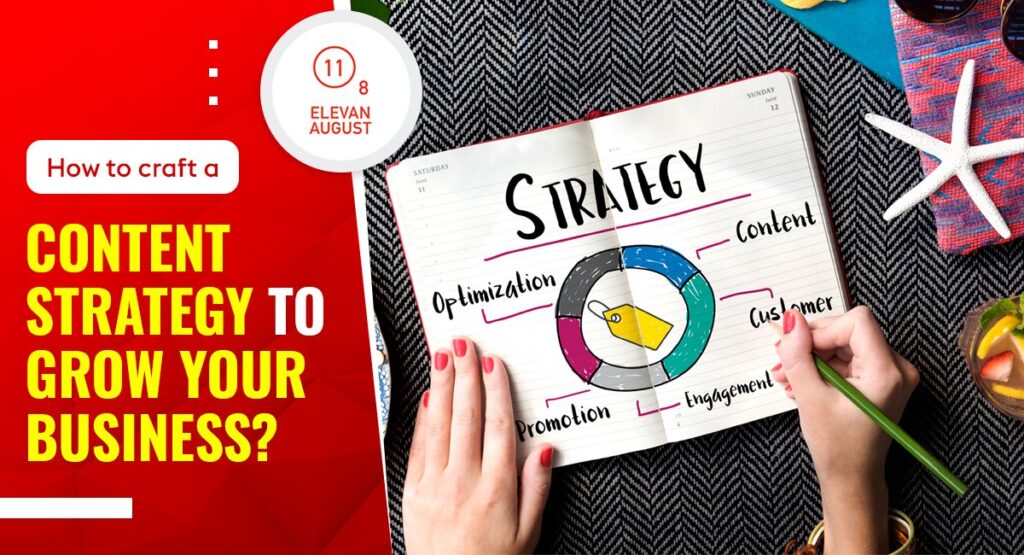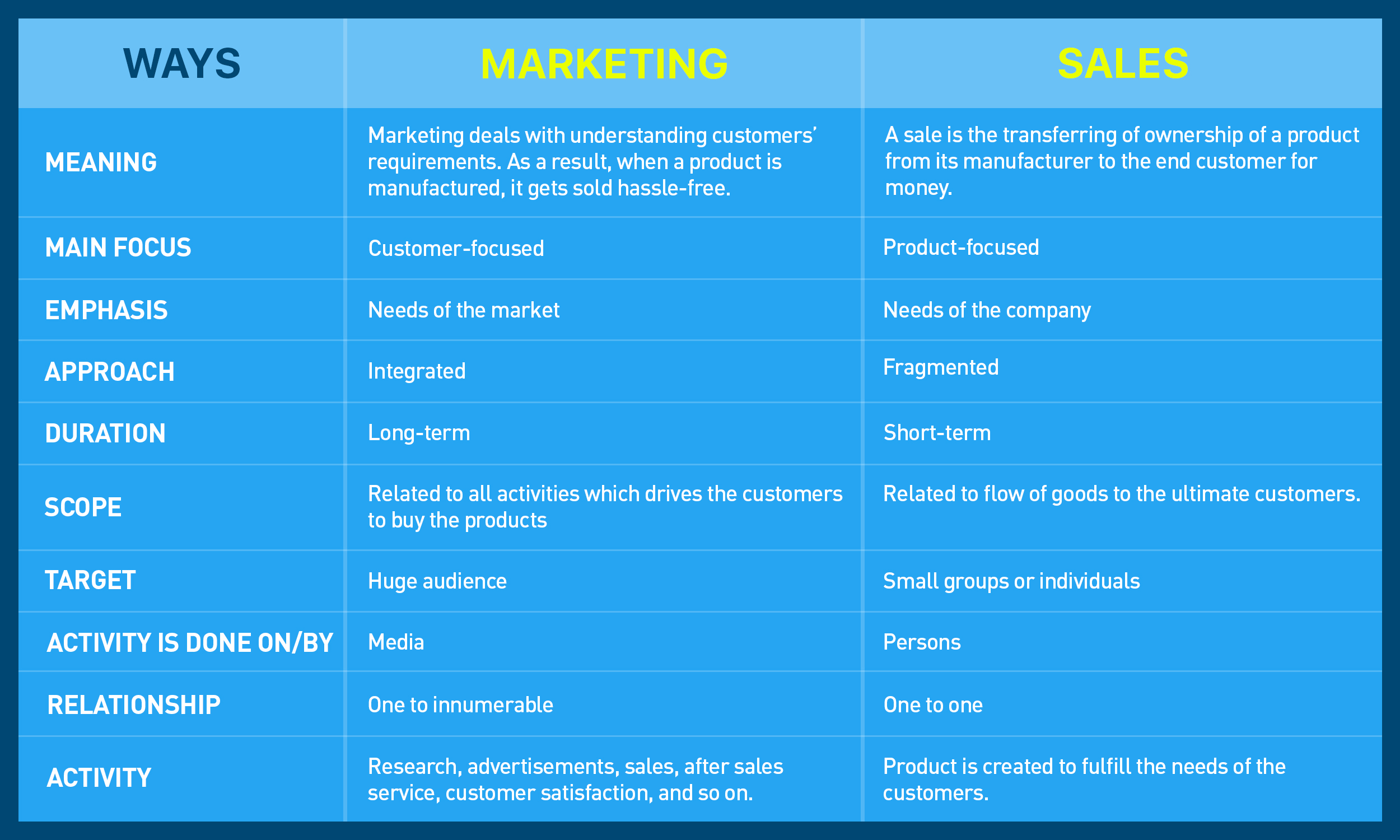The ultimate objective of every business is to earn revenue and grow their business. However, to achieve this objective, businesses often set short-term goals such as spreading brand awareness, improving social media followers or web traffic, generating leads, etc. For this purpose, instead of creating random content, you need a proper content strategy. An experienced digital marketing agency can help set up a content marketing strategy based on your business goals. Besides, this blog will also share the steps to craft a content strategy for your business.
A content strategy is a plan that involves the use of different forms of content, such as written, audio, visuals, etc., to achieve your business goals. We have previously discussed simple steps to set up B2B content marketing strategies. This time we will discuss the steps to develop content marketing strategies regardless of your business type. An effective content marketing strategy will help you drive the target audience at every step of the sales funnel and can engage them even after a purchase.
9-step process to develop an effective content marketing strategy
You can achieve your business objectives with a proper content marketing strategy. Below are the simple steps to develop effective content marketing strategies to grow your business.
Purpose of your strategy
The first step in developing your strategy is to determine its purpose. Do you want to improve your social media followers? Or do you want to increase web traffic? Do you plan to promote specific products or services? Based on your business goals, you need to set your content marketing strategies accordingly. A proper strategy focuses on what businesses want and what your audience stands to gain. When you know your audiences’ problems and the solution they are looking for, you can present them with relevant content accordingly.
Identify your audience
Once you determine your purpose for developing content marketing strategies, you need to identify the audiences for whom you are creating the content. In this regard, you must remember that not every audience who views your content will buy your product or services. To convert your audiences into buyers, you need to understand them.
Hence, you need to create a buyer persona. It is your ideal customer’s profile based on demographic, social, and psychological characteristics. You need to do the necessary research to understand your potential customers. The better you understand your audiences, the better you can serve them the right content.
Perform a content audit
Before discussing this step, you need to remember that it applies to businesses with existing content. You need to assess these pieces of content to determine whether they align with your current business goals.
Even if they are irrelevant, you can repurpose them by taking separate sections to create different content formats for various digital platforms. You can further check your existing blogs to identify which are performing well and which need modification. Performing a content audit can help you identify content gaps. It will help you to create new pieces of content to fill these gaps. Doing so can help you explore new keywords and topics you haven’t targeted before, in which your audience might be interested.
Explore new topics
Regardless of the products and services, you offer, creating content focused on them only will not help you. The reason is that doing so will cause you to soon run out of topics. Instead, you need to create content relevant to your industry that your audience wants to learn more about. You can even check competitors’ websites or visit the discussion groups your potential audiences are part of for more content ideas.
Perform keyword research
Now that you have identified new topics, next you need to perform keyword research. You should target the keywords relevant to these new topics in this regard. You can use various tools to perform keyword research. Besides, create a list of both short and long-tail keywords. While short keywords have high search volume, long-tail keywords are highly relevant and can help drive quality web traffic. You can also contact an SEO agency Singaporeto perform keyword research for your website.
Explore content ideas
Creating content doesn’t mean focusing on blogs only. You can offer content in various formats to your target audiences. For instance, if you want to promote your products on services; then along with creating blogs, you can also create a series of videos that you can share across multiple channels to improve customer engagement.
While identifying your target audiences, check the types of content they prefer. It will help you offer them the content in their preferred format to encourage engagement and conversion. You can create
- Blogs and articles
- mail newsletters
- Ebooks, whitepapers
- How-to guides
- Infographics
- Slideshows
- Social media posts
Create a content calendar
A content calendar is an essential aspect of content marketing strategy. It helps you monitor the different types of content for various platforms.
For instance, many marketers incorporate holidays in their marketing strategies. Therefore, with a content calendar, you will likely not miss out on important dates and serve appropriate content accordingly. Similarly, whether for a product launch or whether you want to focus on a single product/service/topic in a month, you can create content accordingly and mark the dates on the calendar. It will help you organize weekly and monthly content. You can use this content calendar to plan your content marketing strategies for upcoming months as well.
Repurpose content
Content creation is not a one-time job. As a result, just because you have created a piece of content and published it doesn’t imply that it will have no further use. You can always return to your past content and repurpose them in different formats to target your audiences. For instance, you can use information from your blogs to create social media posts or videos.
Track your performance
No strategy is complete without tracking the performance. Without tracking performance and comparing it against various parameters, how will you conclude whether your content marketing strategy is successful?
In this regard, check the following metrics.
Behaviour metrics – number of page views, unique visitors, pages per session, average time spent on a page and bounce rates.
SEO metrics – Organic web traffic, keyword rankings, backlinks, etc.
Engagement metrics – number of likes, shares, comments, and brand mentions
And finally, business goal metrics – number of new leads, business conversion rates, cost per acquisition
As you analyze this data, you will identify the content performing well, the right time to publish content to improve engagement, and the keywords you rank for. It will further help you modify your strategies to create better content and improve results.
Elevan August Media is a digital marketing agency Singaporethat can help develop better content marketing strategies for your business. You can consult them to create content to guide your audiences through the sales funnel to convert them into paying customers.






